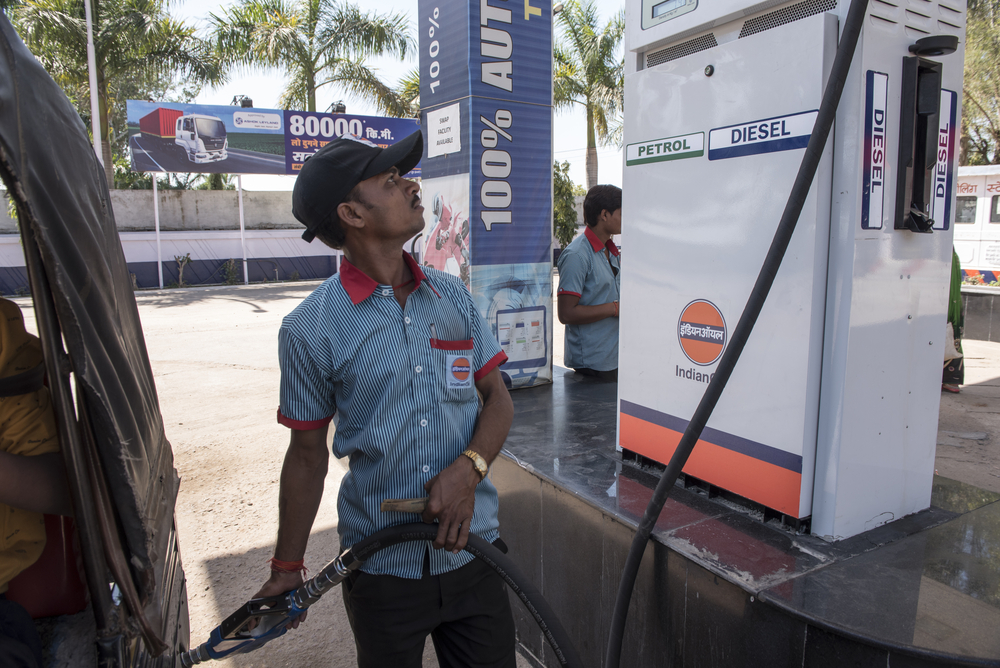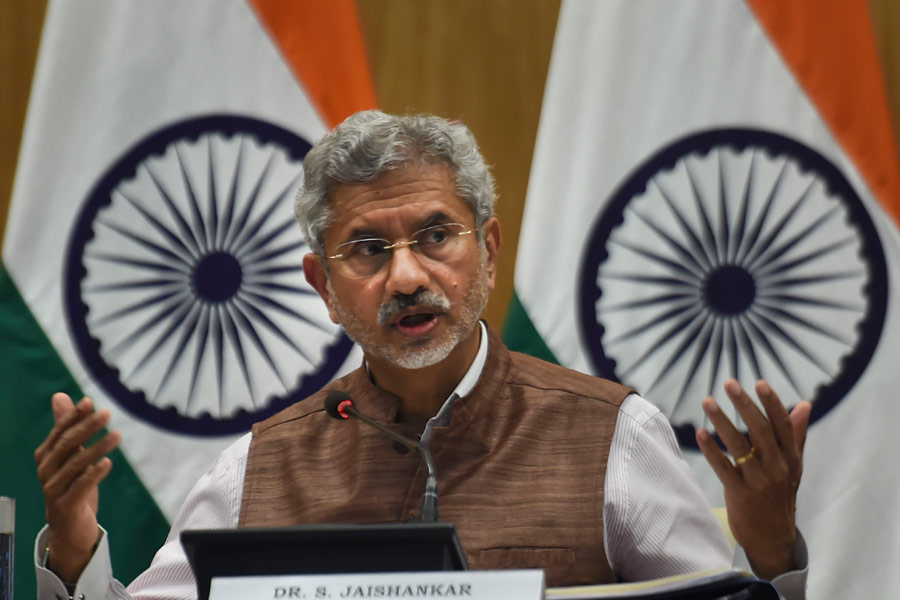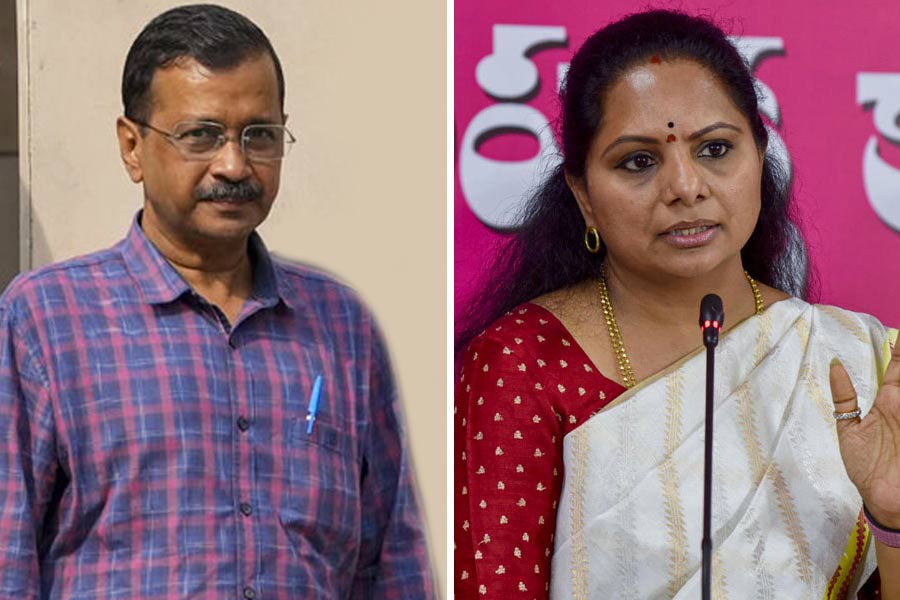The finance bill 2020 was passed in Parliament without the usual discussions, given the rather extraordinary situation arising out of the Covid-19 pandemic. The finance minister brought in two important amendments on the day when the bill was passed. One pertained to the increase in the limits of the special excise duty that could be levied on petrol and diesel. This hike in the limits of duties came at a time when global business is slowing down and oil prices are falling. The limit on the special excise duty on petrol was raised from Rs 10 per litre to Rs 18 per litre. For diesel, it was raised from Rs 4 per litre to Rs 12 per litre. These are steep hikes, especially at a time when the demand for oil is falling. It does not seem to make economic sense, given the condition of the Indian economy and global oil prices. The second important amendment was the attempt to bring more non-resident Indians into the tax net. The definition of who is a resident for tax purposes was made stricter. Any NRI or person of Indian origin staying in India for more than 120 days will be taxable provided the person’s income is more than Rs 15 lakh annually. Another new aspect of taxing the Indian diaspora was the proposal that an Indian earning income overseas and not taxed anywhere in the world would be deemed to be a resident of India for tax purposes, provided the person’s income arose from business and not bona-fide employment in a foreign country. These proposals may not be very palatable to the Indian diaspora. From the economic point of view, there is a case for levying tax on individuals who manipulate tax laws and exploit tax havens for avoiding taxes. Having a blanket tax on certain categories of NRIs may not be good for an ailing economy.
Both these amendments, although seemingly unrelated, signify one thing. The government appears to be desperate to increase tax revenues. Taxes can be raised from various sources, but taxes should not distort prices or incentives for investment. It is a testing time for the Indian economy. The government had lost precious time in denying the slowdown. The world is now contending with the possibility of a full-fledged recession with abnormally high unemployment. Many of these decisions, in hindsight, might turn out to be inappropriate and myopic.










